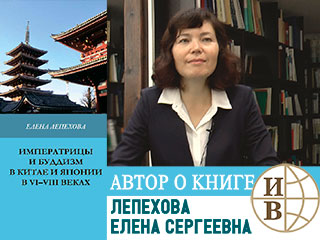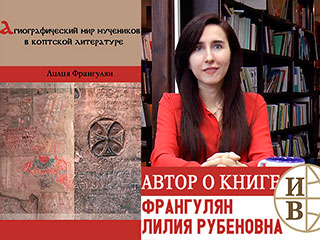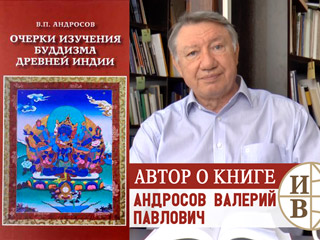Department of Ancient Orient
Department staff conduct interdisciplinary research, work at the intersection of the humanities and natural sciences: they study ancient cultural monuments; they are engaged in analysis in the field of philology and textology, translate and research ancient monuments of written cultures. For a group of employees, the main object of research interest is the textual heritage of the ancient and early medieval East. At the same time, the concept of “textual heritage” is interpreted very broadly, it includes monuments of pre-written cultures, objects of fine art, short speech formulas, and preserved epigraphic texts. Many genres of literature in antiquity are also studied: chronicle-historical, religious-philosophical, canonical, post-canonical and pilgrim texts, as well as works of artistic and literary thought. In addition, employees are exploring the broader problems of the state and society in the Ancient East.
The scientific staff of the Department works primarily within the framework of the programs “Culture, Languages, Literature, Monuments of the Peoples of the East”, which the Institute is overseen by the corresponding member. RAS, Ph.D., prof. V.M. Alpatov, and "General and particular in the evolution of various forms of economic, social, political and ideological life of ancient and medieval societies of the East and North Africa." Employees conduct research in the framework of another institute-wide program - “Cultural, religious and ethnic factors in local and global processes of modernity” (subprograms “Cultural Heritage and Modernity”, “Religion in historical perspective and in the modern world”, “Theoretical and practical aspects relationship of language and culture "," The literary process in the context of culture "," Monuments of writing in the context of historical and cultural processes "," Linguistics ").
If these programs and subprograms are applied directly to the projects and works of the employees of the Department of Ancient Orient, then the following activities can be identified. The traditional are: (1) the study of the mythological and religious-philosophical heritage, as well as the ritual and cult features of the ancient Eastern peoples, (2) the study of the problems of text and culture relations, studied at the interface of various humanitarian disciplines (linguistics, semiotics, psychology, cognitive science), ( 3) analysis of the social structure of states in the ancient East, (4) the study of ancient oriental monuments of material culture, (5) the disclosure of the mechanisms of interaction and mutual enrichment of various cultures of antiquity, (6) the study generative mechanisms and the functioning of ancient sacred texts; development of the problem of changing the religious paradigm, (7) commented translation of written monuments of oriental cultures (including the publication of originals).
This is a general, but far from complete list of the areas of scientific creativity of the Department’s employees. To this can be added such little studied areas as (8) studying the problem of forming iconographic canons and the concept of the theory of fine art in ancient (Sanskrit) treatises, (9) applying new techniques in studying complexes of monuments of ancient unwritten cultures, (10) Egyptology experience of reconstruction began the ancient Egyptian civilization on the basis of extensive scientific information, (11) in-depth study of the issues of ethnic history and ethno-linguistics, (12) dealing with the problems of interrelations sedentary and nomadic population from the point of view of archeology and ethnography, (13) conducting archaeological excavations in Yemen, in the Crimea, Tajikistan.
The novelty and relevance of the tasks being solved by the leading specialists of the Department (as such almost everyone can be called), deserved not only domestic recognition (the scientific activities of each employee can be regarded as unique for Russia). The international recognition of our works can be judged with confidence both by awards and titles received by employees abroad, and by the frequency of invitations from abroad on expeditions, at conferences, to work in institutions.















